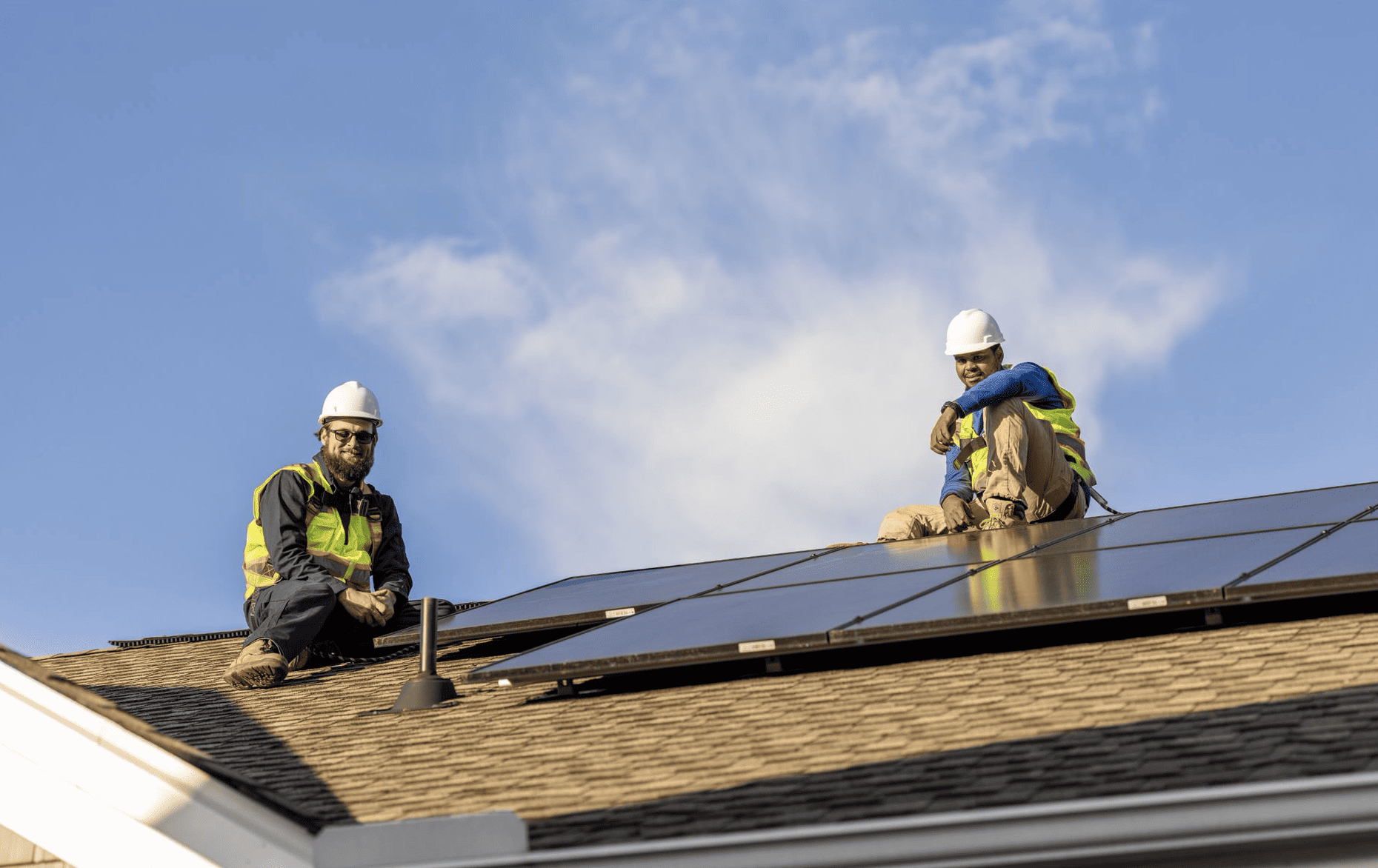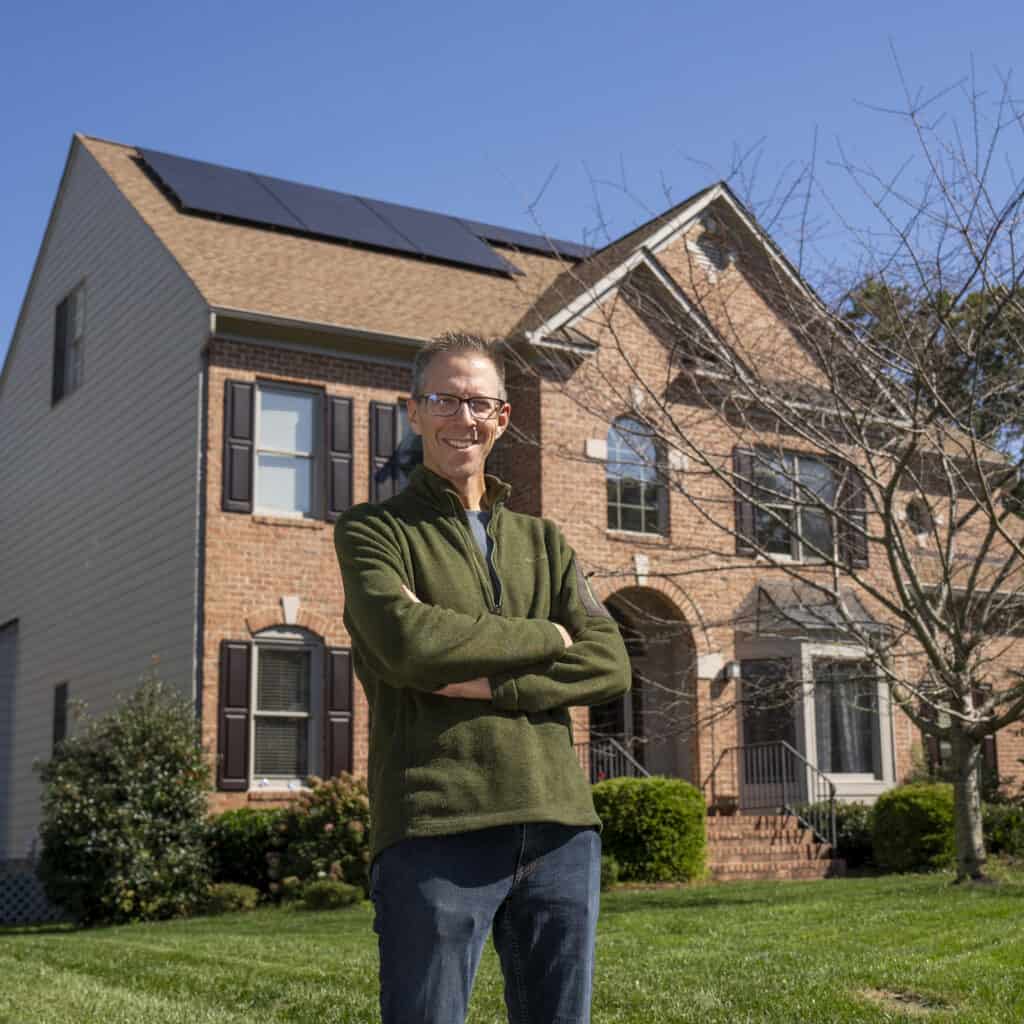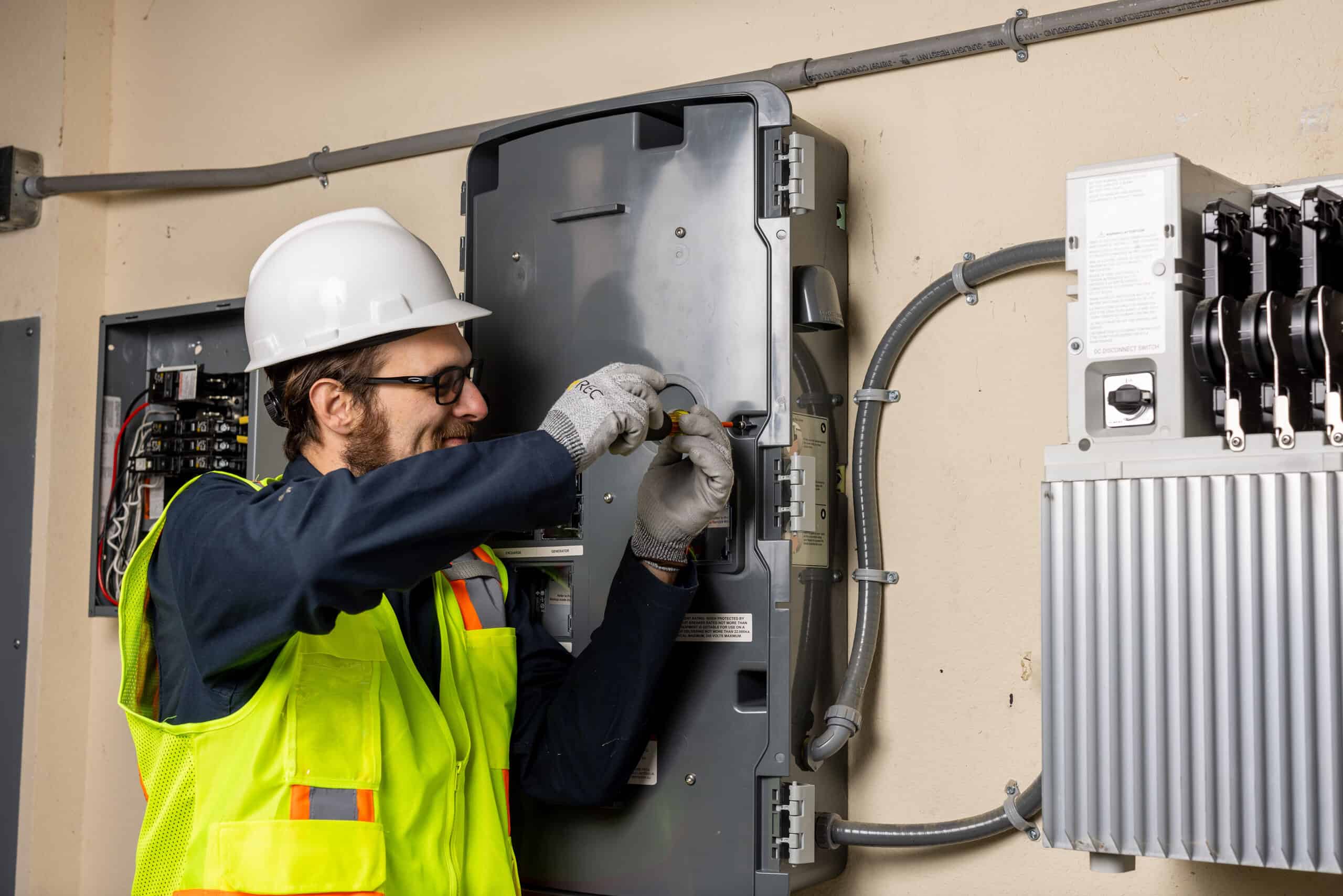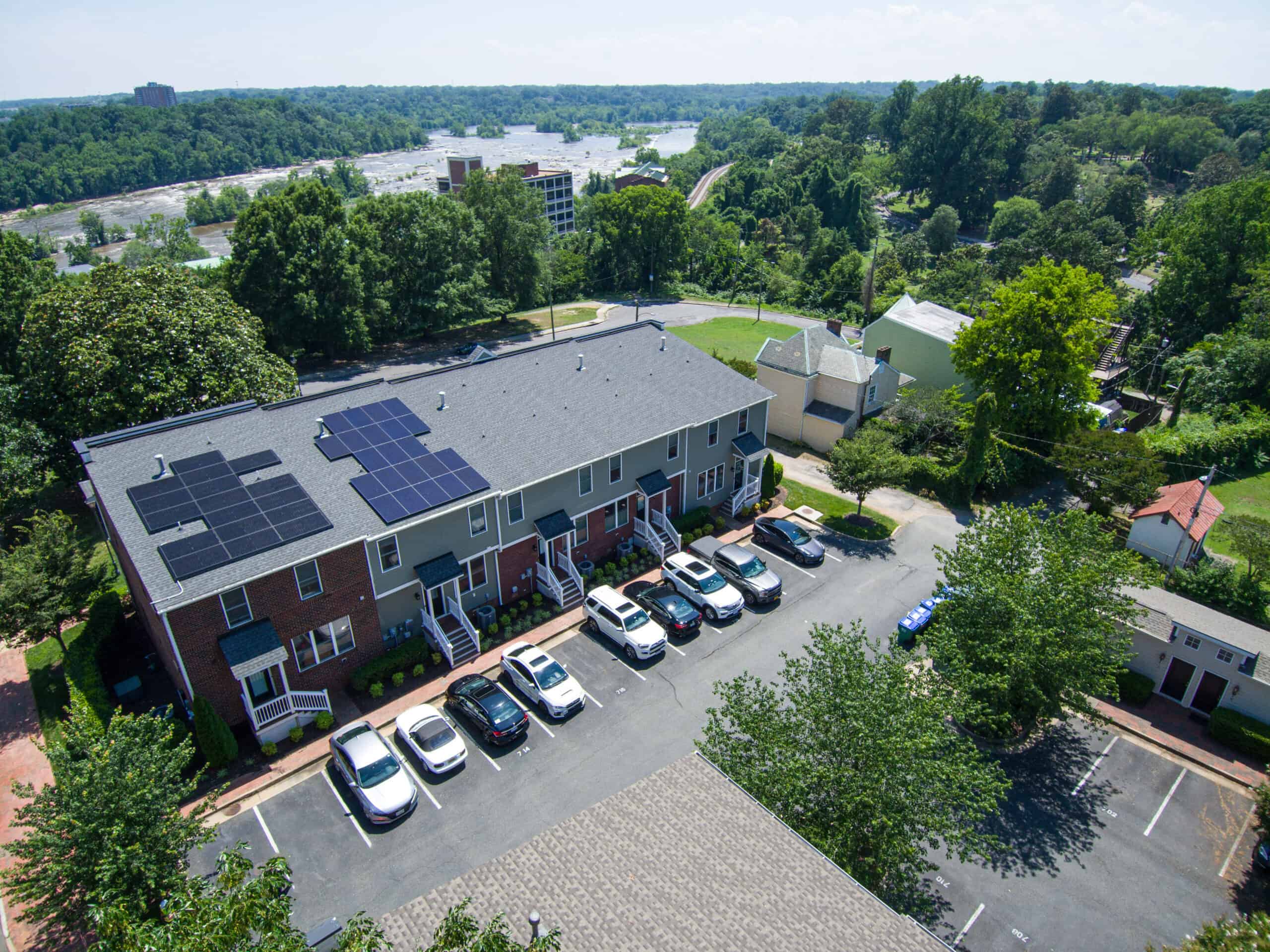
Solar Power Your Home? Unlock a Brighter Future with Benefits
Here’s a crash course on what you should consider when purchasing a rooftop solar system.
What Can Solar Energy Do for You?
Opt Out of
Rising Energy Costs
Over the last decade, residential energy prices have gone up by an average of 3% each year. By investing in a solar system now, you can lock in your electricity rate and avoid unpredictable increases in electricity costs.
Increase Your Property Value
Recent research by Zillow showed that solar panels potentially increase a home’s value by up to 4% more than comparable homes with no solar panels. And the US Department of Energy found people will pay up to $15,000 more for a home that has solar power.
Live More Sustainably
There are hundreds of ways Americans are working to reduce their carbon footprints and protect the planet, but few have such a large impact as switching to renewable solar energy to power homes.
Reduce Your Energy Expenses
Your home will generate power for your solar system’s entire 30+ year lifecycle. Even if you don’t produce 100% of the power your home needs, solar reduces your energy bills and pays for itself over time. We even have a production guarantee — if your system does not produce 90% of what we have estimated within the first year, we will pay you the difference.

Is My Home Right For Solar?
Let’s consider a few things:
Do you own your home?
We wish that every resident could choose to install solar panels, but only Virginia homeowners (and landlords) can ultimately make that decision.
Are there trees or buildings shading most or all of your property?
No need to worry if your home experiences a bit of shade throughout the day. Your roof doesn’t need 100% sun exposure all day to benefit from a solar system, thanks to the latest advancements in solar technology. However, if your home is shady for most of the day, it is not a good idea to install a solar system. Not sure? Let us take a look. We’ll perform a complimentary shade analysis to see if solar is a good fit for your home.
Is your roof suitable for solar?
Solar panels can last 30 years or more without needing replacement, and that’s a long time in roofing years! To that end, you should consider replacing your roofing material if it is near the end of its life. The material of your roof is also something to think about before choosing solar. Wooden roofing materials can splinter, and slate is not great for anchoring the panels. Also consider the orientation and tilt of your roof. Large, southern-facing sections of roof provide the most access to the sun’s rays, and tilted roofs are better than flat roofs, as flat roofs are more prone to leaking and require extra materials. We’re happy to talk through any of this with you.
How much do you spend on electricity?
Every house is unique, and so is every solar system. There is no one-size-fits-all answer. With expertise and white-glove service, our Energy Advisor will evaluate how much energy your particular home uses, how much energy a solar system at your home could produce, how many panels you need, what the costs may be, and what your financial and environmental goals are. Then they develop a one-of-a-kind solution so that you have a clear idea of whether or not solar is right for you.

Battery Storage — Do You Need It?
Let’s break it down.
What is battery storage?
You may choose to install a special battery at home that will store the excess electricity your system produces and use it when the sun isn’t shining or you lose access to the grid in a storm. It functions like a backup generator. Once these batteries are topped off, excess energy goes to the grid so nothing goes to waste. If you choose not to install battery storage, you can still enjoy savings and clean energy, but the excess electricity that your system generates gets sent back to the grid immediately and will not function as backup power for you.
Do batteries help when the power goes out?
Electrical grids can go offline, especially when the weather’s bad. The utility company works really fast to get things up and running, but sometimes people may be without power for days. Installing solar panels with battery storage is a great way to ensure you won’t lose power. When your solar system includes a battery, your clean energy keeps that battery charged, and the battery supplies consistent power to your home during an outage. Once the grid power is restored, the solar will return to normal operations, and the battery will recharge and be ready for a future outage. If you choose to skip the battery, your solar system can send some energy to your home, but it will come in waves and may provide an inconsistent, flickering effect.
What types of batteries do our certified installers use?
When it comes to safety and peace of mind, we don’t skimp. We have chosen to use the highest quality battery manufacturers to ensure each battery is safe and healthy for you and your family. For a complete list of the best-in-class technology used during our installations, please give us a call or complete the form below. We’re happy to answer any and all of your questions.
What size battery do I need?
Batteries, like homes, come in many different sizes and options. Some homes use more power than others, and your Energy Advisor will help you select a battery system perfectly sized to meet your needs and preferences.
